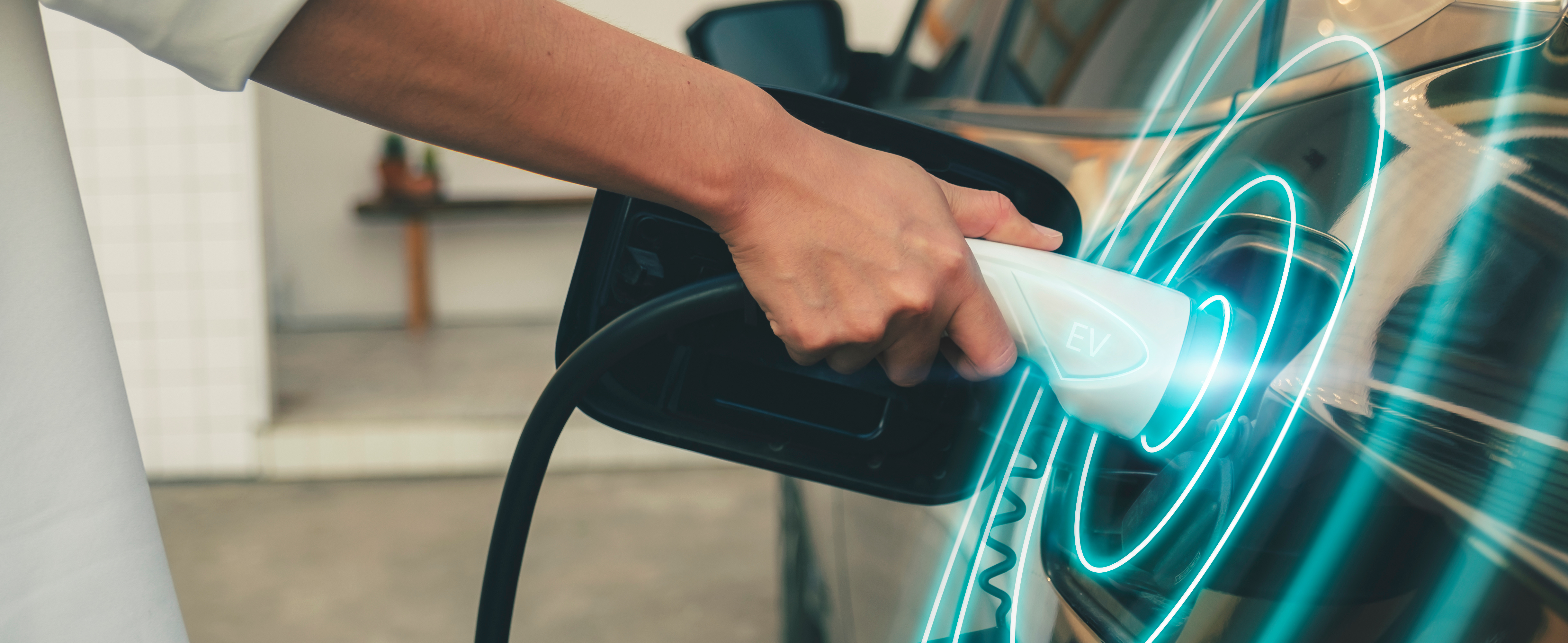ALBA Synchrotron

A research lead by the company BASF has characterized a new methodology to produce nickel-rich cathode materials used in lithium-ion batteries that optimizes the conventional production process.
The proposed model leads to an increase in throughput by a factor of three, representing a considerable increase in the efficiency of future cathode active materials production for battery electric vehicles. The contributions of the MSPD beamline at ALBA have been key in these findings.
Batteries of electric vehicles still have not reached full cost competitiveness with respect to cars powered by combustion engines. This is mainly due to the increase in the cost of the raw materials used to produce the cathode of the batteries. In the search for low-cost materials for cathodes, the research on efficient manufacturing is of utmost importance.
A research led by the company BASF, in collaboration with different German universities and research centers, has studied how to optimize the conventional production process of nickel-rich cathode materials for lithium-ion batteries. This process is a thermal treatment called calcination. More specifically, researchers wanted to obtain a deeper understanding of the lithiation mechanism itself. And also, whether a two-stage calcination process, including a partial-lithiation step, can be used to synthesize cathode active materials with similar properties to those of a conventional one-stage calcination protocol.
The proposed calcination concept leads to an increase in throughput by a factor of three, increasing the efficiency of future cathode active materials production without modifying their physico-chemical properties and electrochemical behavior. Moreover, further advantages of the partial-lithiation process regarding homogeneity of the composition and crystallite size of the cathode active materials are believed to come into view as soon as large-scale sample amounts are investigated, which will be part of future work.
To further characterize the samples after the partial-lithiation step, synchrotron X-ray powder diffraction (XRD) measurements were performed at the MSPD beamline of the ALBA Synchrotron. This is the first report on the composition of the lithium-containing residual needles, which are indicative of an incomplete reaction. By combination of XRD, and other characterization techniques, the presence of Lithium hydroxide was confirmed in the samples prepared with the conventional method but not on the samples obtained with the novel two-stage methodology.
These results represent a long-term collaboration with BASF. A preliminary paper focusing on detailed characterization was already issued from ALBA data in 2021.
The experiments carried out at the ALBA Synchrotron were performed using the ALBA industrial access. The industrial access to the ALBA techniques provides useful advantages to companies and industries such as faster access time, wider scientific and administrative support and confidentiality of the results when compared to the academic access. The techniques available at ALBA offer outstanding results that cannot be achieved with other equipment and techniques and can result in boosting a company's competitiveness.
With the collaboration of Fundación Española para la Ciencia y la Tecnología. The ALBA Synchrotron is part of the UCCs and has received support through the FCT-21-17088 project.